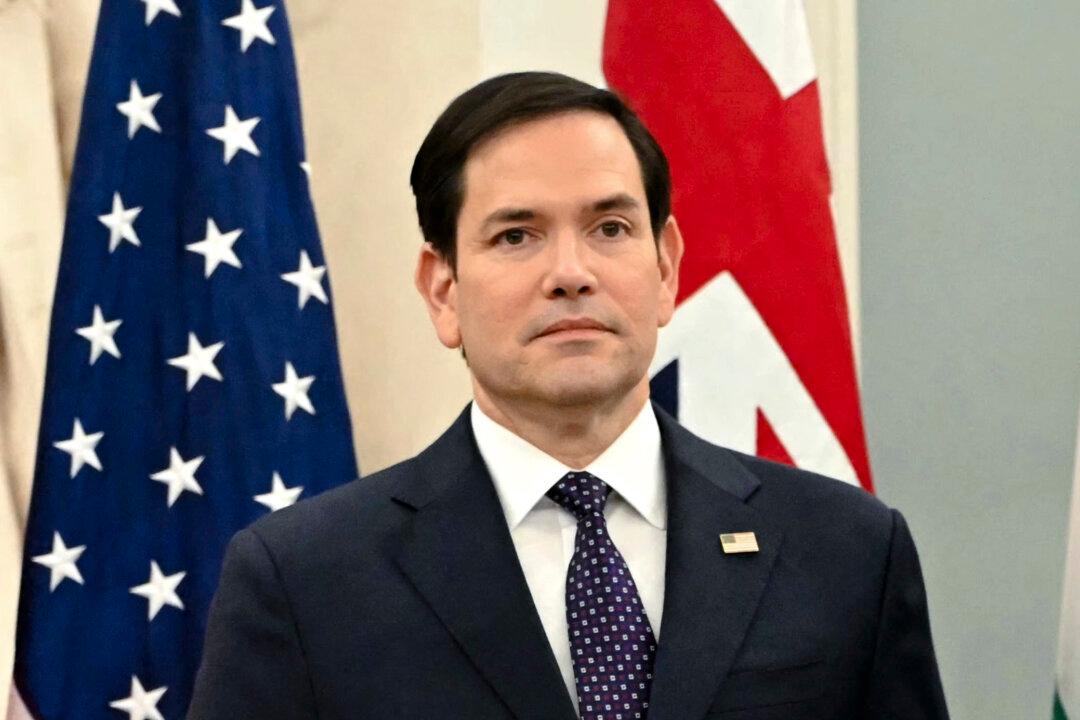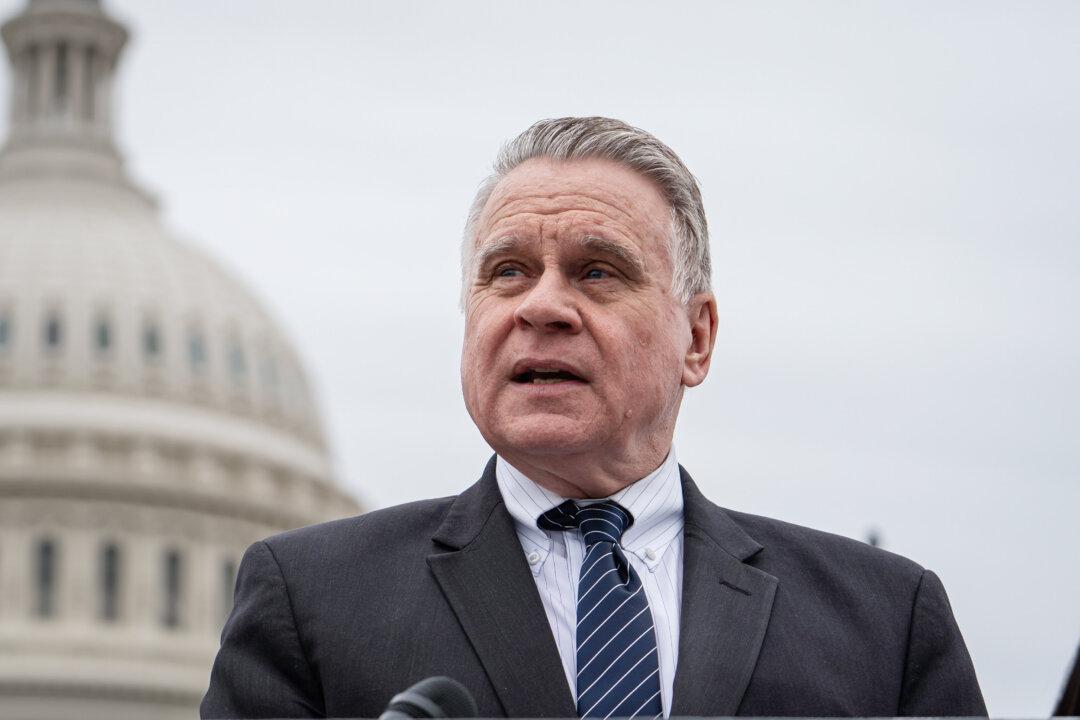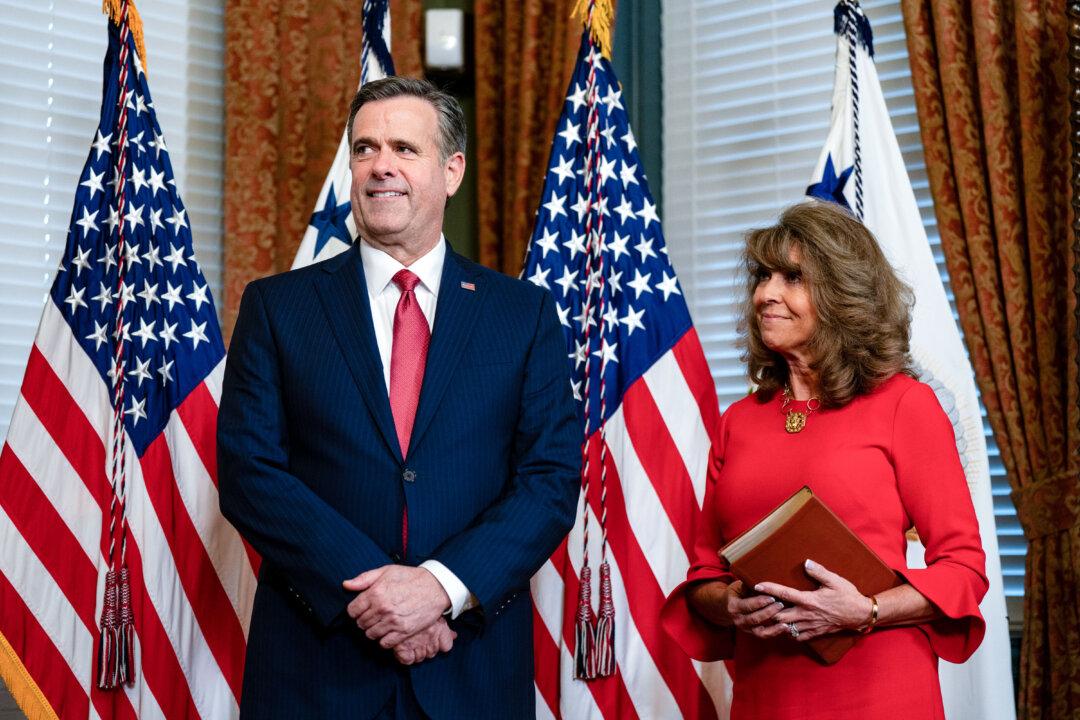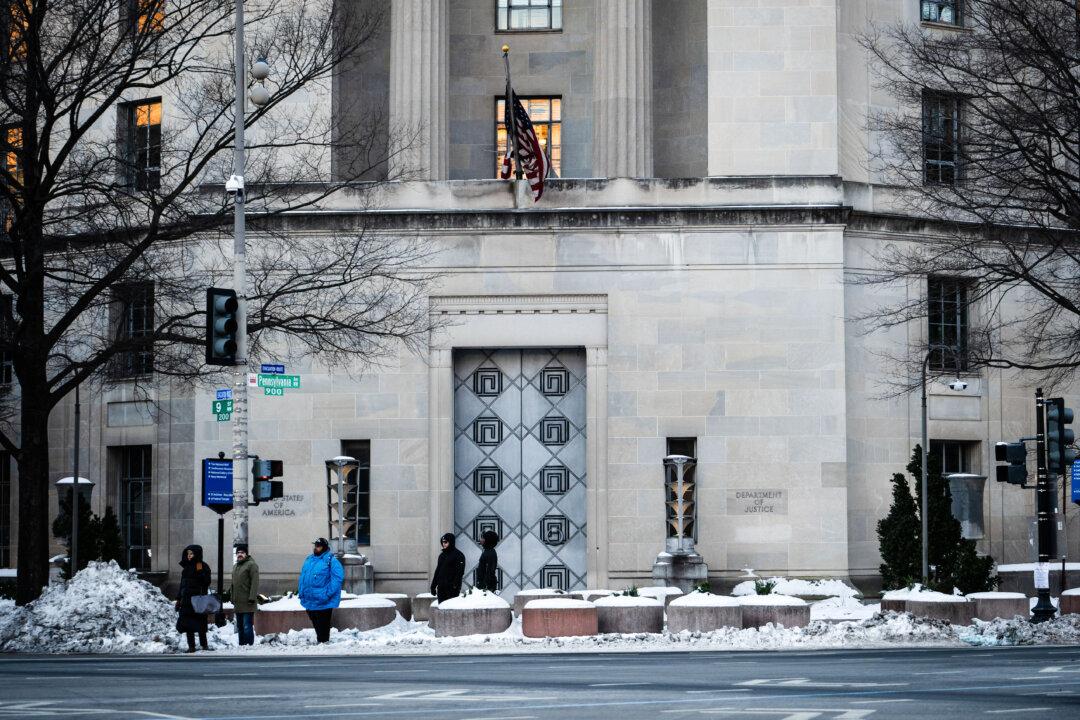“The timing of the announcement sends a clear signal that the U.S. government remains serious about holding the Chinese government accountable,” said Sen. Jeff Merkley (D-Ore.) and Rep. James McGovern (D-Mass.), who lead the Congressional-Executive Commission on China, on March 17.
“We will continue to speak in defense of the Hong Kong people against the oppression of an authoritarian system.”

The planned changes to Hong Kong’s electoral law give a pro-Beijing committee power to appoint more of Hong Kong’s lawmakers. The move will reduce the proportion of those who are directly elected and ensures that only those determined to be truly loyal to Beijing are allowed to run for office—effectively shutting opposition figures out of the political process.
The plan has since drawn international criticism that it will further cement Beijing’s control over the territory by reducing Hong Kong’s democratic representation.
A total of 14 vice chairs of the standing committee were sanctioned, including Cao Jianming and Zhang Chunxian.
Additionally, several officers from Hong Kong’s National Security Division were sanctioned, including Li Wai-wah, a superintendent of the division. Edwin Lau, a deputy commissioner of the Hong Kong Police Force and the head of the division, also was sanctioned.
“The State Department’s action under the Hong Kong Autonomy Act yesterday has put foreign financial institutions on notice. Should these institutions maintain relationships with the 24 officials named in the report, they too must face strong financial penalties from the United States,” the senators stated.

In response to the sanctions, the Hong Kong government accused the United States of “interfering” in the city’s affairs.
In a daily briefing on March 17, China’s foreign ministry spokesperson Zhao Lijian said the sanctions were a “grave interference in China’s internal affairs.” Zhao warned that China “has taken necessary countermeasures.”
China’s hawkish mouthpiece Global Times warned in an editorial published on March 17 that the United States will “run up against a stone wall” in bilateral talks if it refuses to “change its attitude.”
Secretary of State Antony Blinken and national security adviser Jake Sullivan met with China’s foreign minister Wang Yi and senior foreign policy diplomat Yang Jiechi in Anchorage on March 18. The meeting marks the first in-person meeting between top officials of the two countries since Biden took office.





